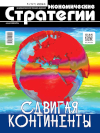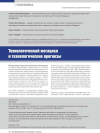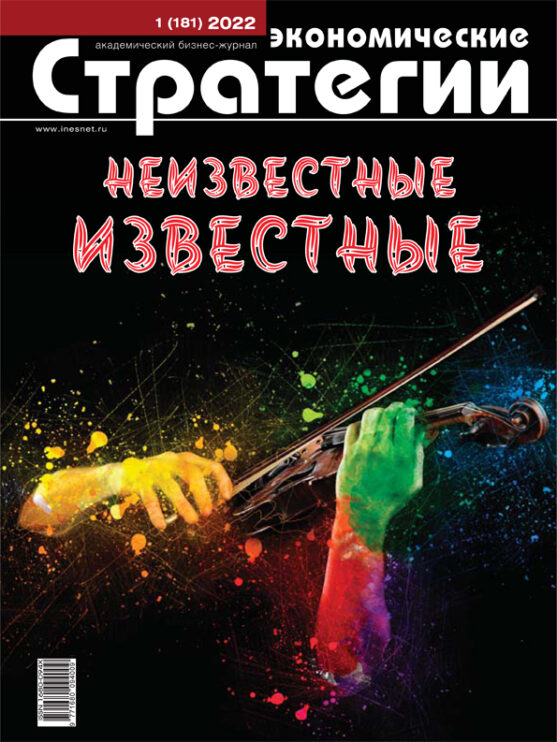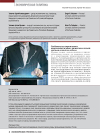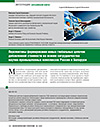In Search of a New Paradigm of Socio-Economic Development. Part II
DOI: 10.33917/es-6.198.2024.26-35
In the first part of this article, the authors proposed to consider productivism as a new paradigm of socio-economic development. It, advocating for supply-side economic measures, not feeling piet y towards international markets and calling for protectionism, is intended to replace the intellectually bankrupt paradigm of neoliberalism that dominated the world at the turn of the 20th and 21st centuries. Such “paradigm shif t” is necessary to ensure theoretically a “technological leap” — the key to global economic leadership in the 21st century. Previously, the authors have developed factors for the national economy transition to a new technological level. In this ar ticle, they will receive a quantitative assessment, which will allow to determine the ordinal probability of technological transition for the world’s leading countries. The proposed methodological approach will make it possible to position the Russian economy in these processes, as well as to identif y barriers hindering its economic development, and outline prospects for overcoming these barriers.
References:
[1] — [26] no 5/2024, pp. 20–21.
27. Belousov D.R., Sal’nikov V.A., et al. Ekonomika-2040: ot novykh usloviy — k novym deystviyam: kratkaya versiya doklada (kontseptual’naya chast’): Proekt Gorizont-2040 [Economy-2040: from New Conditions to New Actions: a Short Version of the Report (Conceptual Part): Project Horizon-2040]. TsMAKP, 2023, 28 dekabrya, available at: http://www.forecast.ru/_ARCHIVE/Presentations/DBelousov/2023_12_ecoshortfin.pdf
28. World Economic Forum. The Global Risks Report’2024. World Economic Forum, available at: https://www.weforum.org/publications/global-risks-report-2024/
29. Gross domestic product 2022, PPP. World Development Indicators database. World Bank, 1 July 2023, available at: https://databankfiles.worldbank.org/public/ddpext_download/GDP_PPP.pdf
30. Kobyakov A.B., Khazin M.L. Zakat imperii dollara i konets “Pax Americana” [The Decline of the Dollar Empire and the End of Pax Americana]. Moscow, Veche, 2003.
31. Irkhin A.A. Mir gotov razvalit’sya na neskol’ko makroregionov [The World is Ready to Fall Apart into Several Macro-regions]. Sluzhba novostey ForPost, 2020, 9 aprelya, available at: https://sevastopol.su/news/mir-gotov-razvalitsya-na-neskolko-makroregionov
32. Teplyakov A.Yu., Tolkachev S.A. Rossiyskaya Federatsiya v geoekonomicheskoy dueli XXI veka [Russian Federation in the Geo-Economic Duel of the 21st Century]. Ekonomicheskie strategii, 2023, no 6, pp. 6–15, DOI: https://doi.org/10.33917/es-6.192.2023.6-15
33. The Leisure Gains from International Trade. IMF, 2024, available at: https://www.imf.org/en/Publications/WP/Issues/2024/01/19/The-Leisure-Gains-from-International-Trade-543871
34. Protsentnaya sistema. Trading Economics, available at: https://ru.tradingeconomics.com/country-list/interest-rate
35. Main Economic Indicators. Vol. 2023, iss. 12, available at: https://www.oecd-ilibrary.org/economics/main-economic-indicators/volume-2023/issue-12_ded67b87-en




